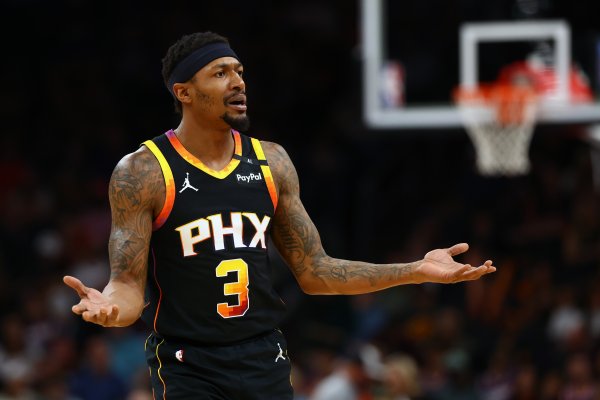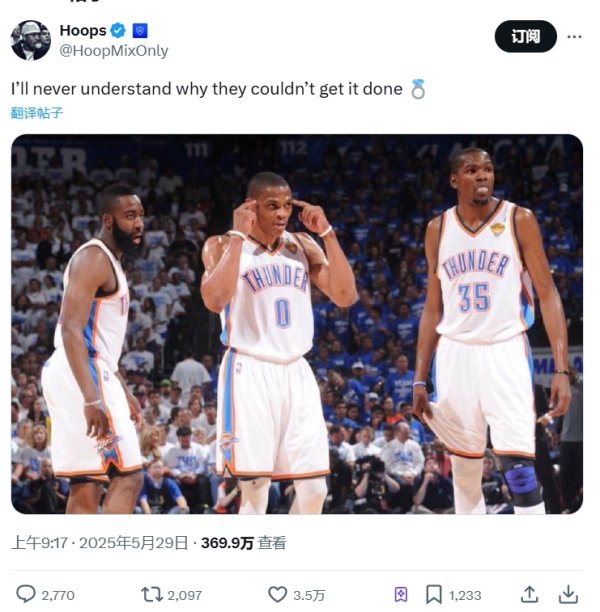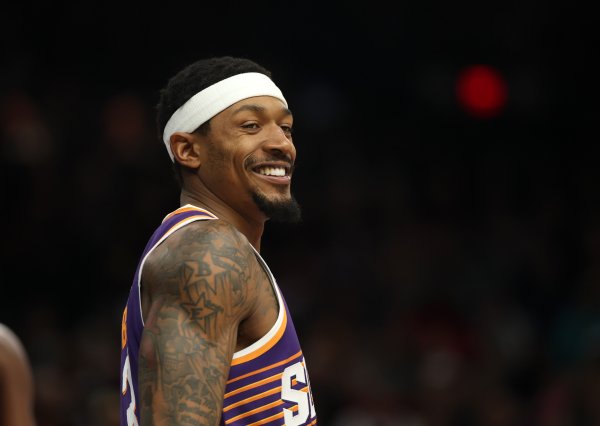Lakers don’t let Brunson leave. The plot takes place in Los Angeles. Reeves has proven that he can assist Doncic.
The following are the data of the two players when Doncic is on and off the court:
When Doncic is not on the court, player A scored 33.2 points, 9.9 assists per 100 possessions, and his true shooting percentage was 56.6%. When Doncic is on the court, these three statistics are 22.2 points, 4.9 assists, and 59% respectively.
When Doncic was not on the court, player B scored 30.3 points, 8.8 assists per 100 rounds, and had a true shooting rate of 60.2%. When Doncic is on the court, these three statistics are 25.8 points, 6.6 assists, and 66.3% respectively.
Player A is Brunson in the 2021-22 season, and player B is Reaves, who has made Doncic’s Lakers career debut since then. Both of them can be compatible with Doncic and at the same time stand alone when Doncic is not on the court.
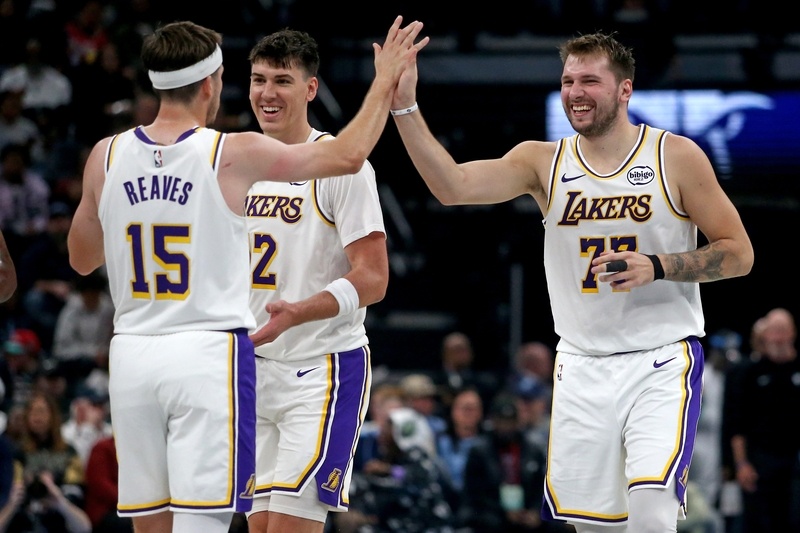
It is known that Brunson received a four-year contract of US$104 million with an average annual salary of US$26 million in the summer of 2022. So how big a contract can Reeves get after the salary cap is further increased in the summer of 2026? Judging from feedback from many industry insiders, an annual salary of US$30 million is the starting price, and US$40 million is a reasonable price.
Don’t think it’s expensive, the market is like this. And no matter how strong Doncic is as the ball-carrying core, he still needs a reliable secondary attacker to share the pressure. He cooperated with Brunson to bring the Mavericks to the Western Conference Finals, and cooperated with Irving to enter the Finals.
Reaves has used the compatibility brought about by his evolved on-ball offense and off-ball attributes to prove that he and Doncic can form one of the most lethal backcourt combinations in the league. In the summer of 2026, the Lakers need to make every effort to retain Reeves. Even if the two sides are destined to part ways, the Lakers must maximize Reeves' trade value and must not repeat the mistakes of the Mavericks and lose Reeves in vain.
Regarding the history of grudges between Brunson and the Lone Ranger, the two parties have always held different opinions. Brunson's statement was that "he twice offered to renew his contract in advance with an average annual salary of less than $20 million but was rejected by the Mavericks." Cuban believed that Rick Brunson's involvement and the Knicks' illegal recruitment caused the Mavericks to lose Brunson.
The different statements cannot change the fact that the Mavericks and the Knicks have different offers for Brunson. The Mavericks offered $106 million over five years, while the Knicks offered $104 million over four years. From a purely financial point of view, Brunson does not need to hesitate.
The rift in the relationship between Brunson and the Mavericks had already occurred when the Mavericks tried to trade him. There is no conflict between Reeves and the Lakers. In the 2025 offseason, in order to show respect for Reeves, the Lakers offered a four-year, $89 million early contract extension. This is the largest contract the Lakers can currently give under the labor agreement. As expected, Reeves didn't accept it.
"The week after I declined an early extension, I thought there was a good chance I would be traded," Reeves said in an interview in August. But obviously, sending Reeves away is not the Lakers' plan. According to insiders, the two parties are still committed to reaching an agreement in the 2026 offseason and are optimistic about this. The suspense lies in the length and amount of the contract.
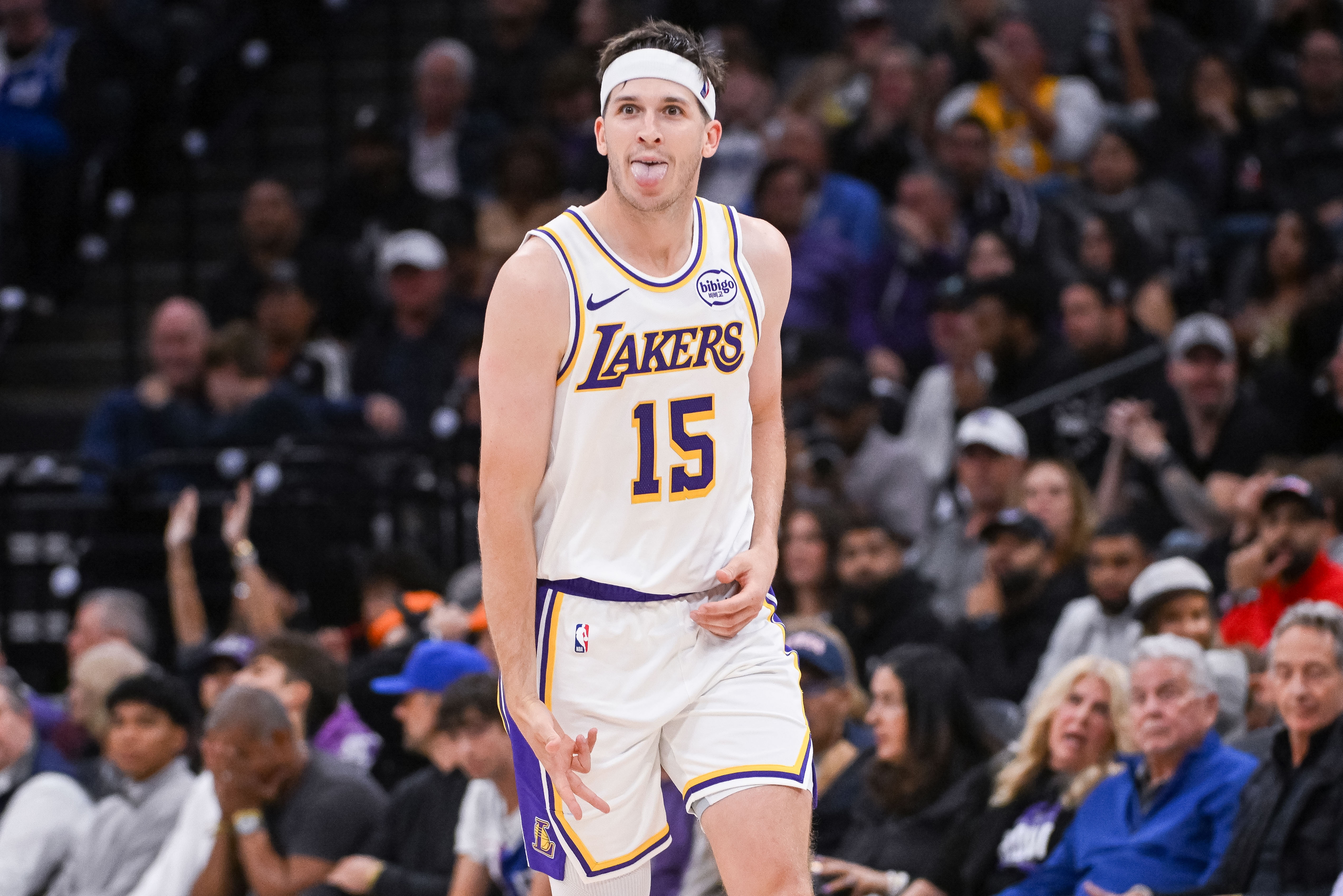
Reeves told the Lakers management that "four years and $89 million is not an appropriate number" and he wanted to get a "contract that he deserves for his hard work."
Last season, there were only 13 players in the league who averaged at least 20 points, 5.5 assists, and 4.5 rebounds per game. Reeves was one of them. Others include Jokic, Alexander, Antetokounmpo, LeBron James, James Harden, Doncic, etc. Most of the 13 players on the list are top-paid players. This is the confidence that Reeves dared to take a gamble on himself and refuse to renew his contract in advance.
This season, Reeves has more confidence to ask for a big contract. During the offseason, Reeves spent time in the weight room practicing hard and participated in a large number of pick-up games. His physical and competitive condition was praised by Redick. Since the start of the game, Reeves' athletic and technical performance have improved significantly, especially his ability to attack and handle the ball in small spaces. Given the right to play, he can score 92 points back-to-back, and he can also dish out 16 assists and hit a buzzer-beater when being heavily defended.
So far this season, he has scored 1.2 points per round in pick-and-rolls, 1.6 points per round in singles, and averaged 15.2 points per game in breakthroughs. This has completely exceeded the category of "ordinary secondary attacker" and he is fully qualified to be the main attacker in the transition period of the rebuilding team.
But going to a weak team to brush up data is not what Reeves wants.
"I think I may become an All-Star player, but everything is relative. I don't want to go to a weak team to rack up statistics. I want to win. If there is a chance to compete in the playoffs and compete for the championship, then I would rather serve as the third player on a strong team than to become an All-Star." This is Reeves's basketball philosophy.
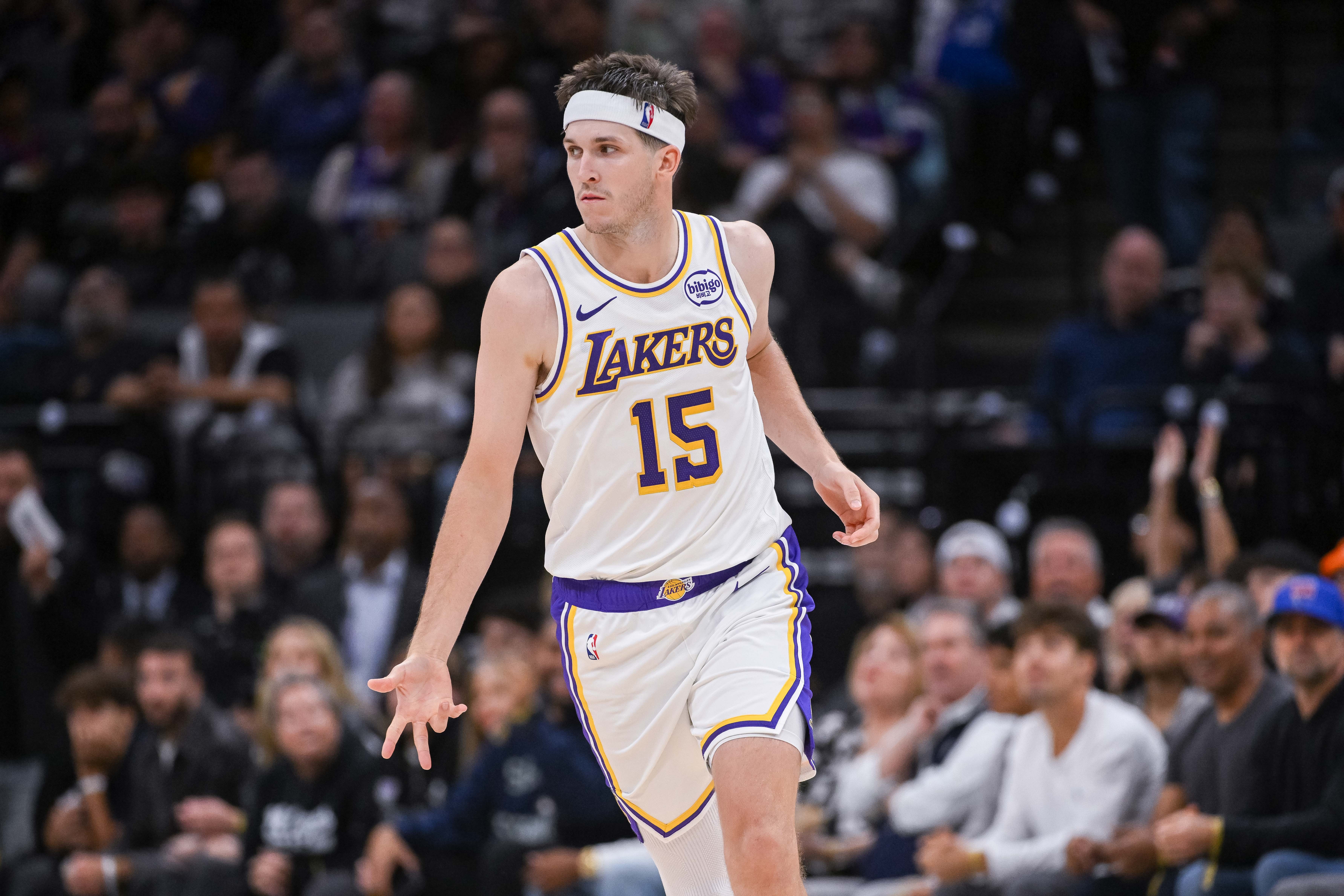
Logically speaking, it is a no-brainer for the Lakers to lock in Reeves' peak with a long-term contract. The complexity is that there are too many factors to consider when the Lakers build a team around Doncic, which is far from simple number calculations.
The NBA has a soft salary cap in name, but with the second tycoon line and the more stringent luxury tax system coming online, the Lakers, who have just changed owners and seem to have deep pockets, dare not cross the red line. To build a team around Doncic, there must be a center and 3D wings who are good at high-altitude bombing. Judging from the configuration of the league's top teams competing for the championship, these two positions cannot reach the championship level by picking up the slack. The principle of "you get what you pay for" couldn't be simpler, and the Lakers this season have proven it with their performance.
The compatibility of James and Reeves on the court is no problem. The two can coexist. James has always been one of Reeves's biggest supporters. But both will become free agents in 2026. If both stay on the team, how will the Lakers reasonably allocate salary space? Ayton and Smart both have player options, and Vincent, Hachimura, and Hayes will become free agents. The Lakers' fifth position and wing reinforcements will either use the few remaining first-round picks, or they will have to continue to rely on leaks.
James' future with the Lakers is still a mystery. For the time being, the Lakers can only maintain communication with James and Rich Paul and wait and see what happens.. James' future involves his personal career planning and the Lakers' considerations on the competitive and business levels. It is extremely complicated and there will be no answer in the short term. At this stage, the Lakers need to first treat "James's departure" and "Reaves's departure" as independent events.
Do the Lakers have the consciousness to "keep Reeves no matter what the cost"? What is their psychological price point? Industry insiders interviewed by The Athletic predict that Reeves' annual salary in his new contract will exceed $35 million, and two non-Lakers sources speculated that his annual salary may even exceed $40 million. Industry insiders interviewed by ESPN were slightly conservative, but $30 million was the starting price.
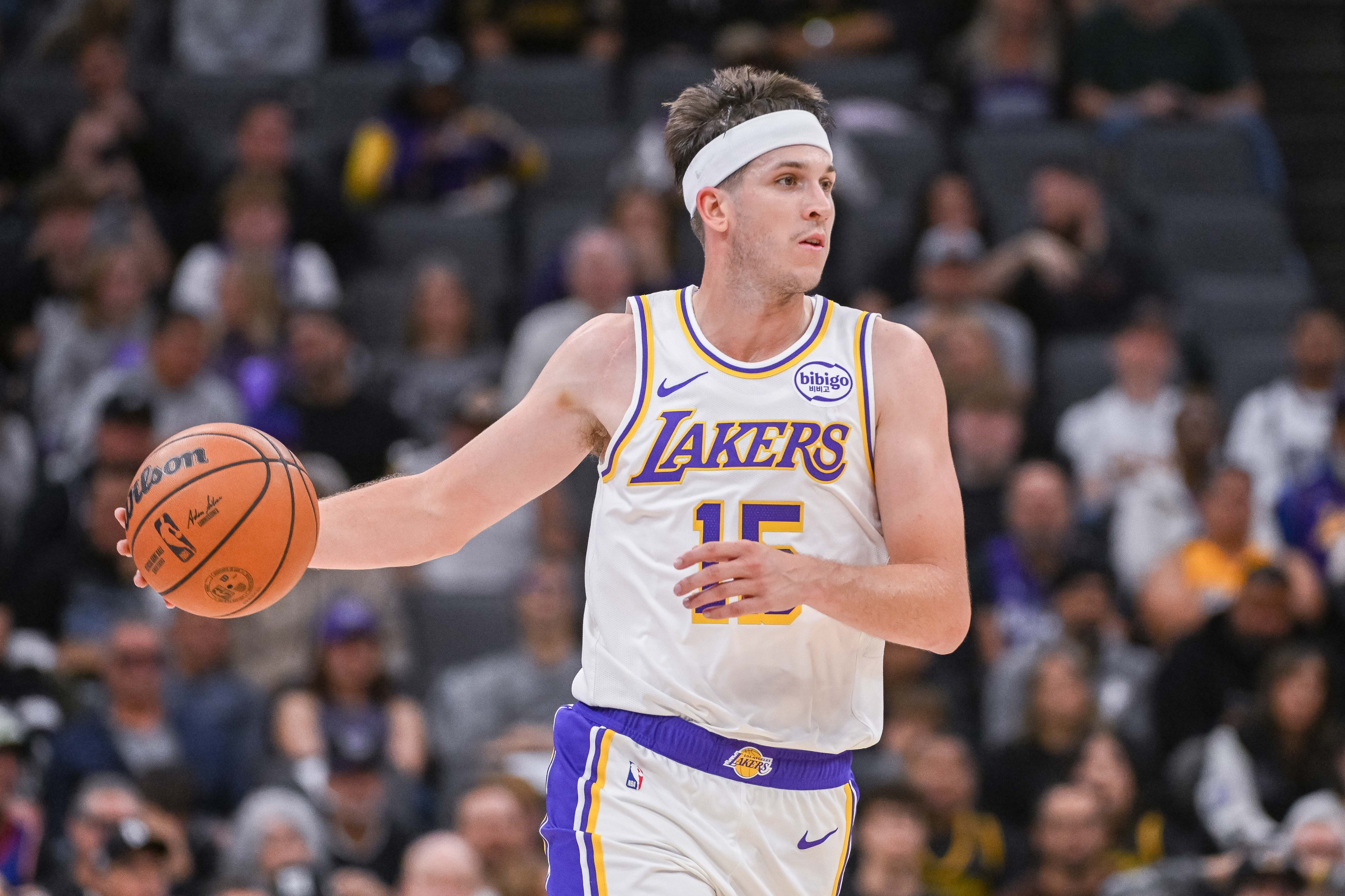
Even if James is traded, leaves as a free agent or retires in the future, the Lakers still have to weigh whether retaining Reeves with a contract with an annual salary of approximately US$40 million is more effective than using this part of the space to attract average ball-handlers plus 3D wings and centers? This is actually a disguised form of zero-for-whole. Doncic and Reeves occupy about $100 million in salary space in the backcourt. What level of wing and interior defensive configuration can fill the holes? Especially in the playoffs where the intensity of competition is higher.
"If the Lakers are smart enough, they should sign and then trade around Reeves in the summer of 2026," seven-time champion Robert Horry provided an idea. He emphasized the balance of the lineup.
Will the Lakers reluctantly part ways in exchange for optimization and upgrade of the lineup structure? That's not the point right now, and no one knows the answer. Even though Reeves has repeatedly stated that he "want to stay in Los Angeles," this is after all an era when even Doncic can be traded.
The only thing that is certain is that Pelinka will not allow himself to make Harrison's mistake and let go of such an excellent player in vain. In the process of building a championship team around Doncic, the top priority is to clearly deal with Reeves' contract issue rather than the vague "2027 plan."


